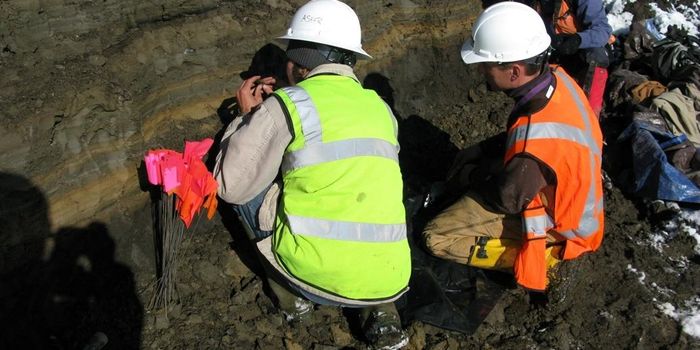People need healthy bone marrow and blood cells to survive. Bone marrow is the flexible fatty substance in the interior of bones. The marrow produces blood cells in a process known as hematopoiesis.
Getting a bone marrow or cord blood transplant may be the only option for a patient battling blood cancers and disorders, like leukemia, lymphoma, and sickle cell anemia. Patients undergo high doses of chemotherapy in order to prepare their bodies for the transplant. They undergo a surgical procedure that replaces their unhealthy destructive marrow with healthy marrow. Sometimes, the patient receives the donated cells in a process similar to getting blood or medicine through an IV.
Unfortunately, a patient can't get a bone marrow transplant if they do not find a "match." A potential marrow donor provides cells, and information about them and their cells are put into the registry.
Genetic matching for bone marrow is done at the Human Leukocyte Antigens (HLA) level. Your immune system uses HLA markers to define which cells belong in your body and which don't. Because HLA markers are inherited, a person is most likely to find a match in someone who is the same ethnicity. People who identify as multiracial have more complex tissue types. Thus, it's important to increase the variety of tissue types in the registry.








